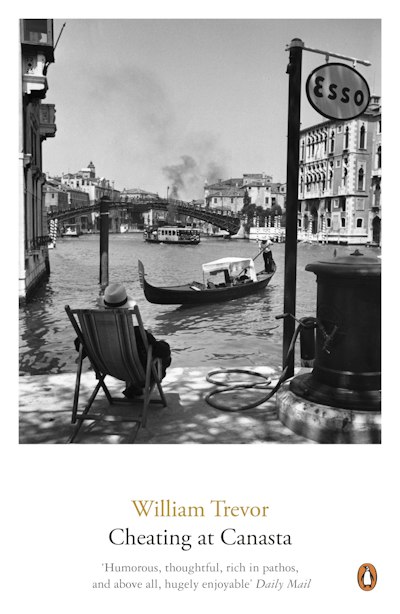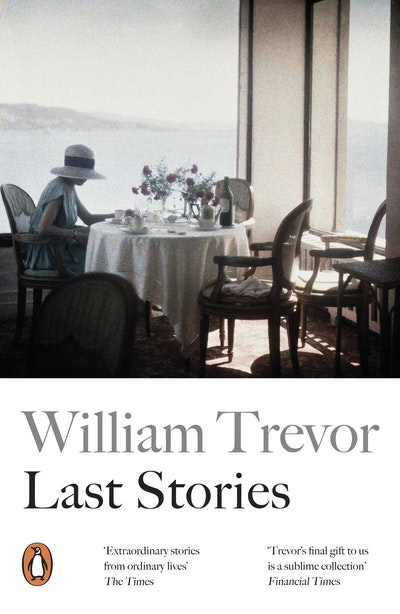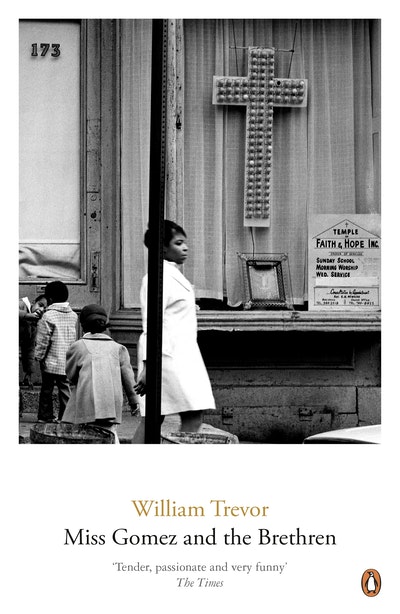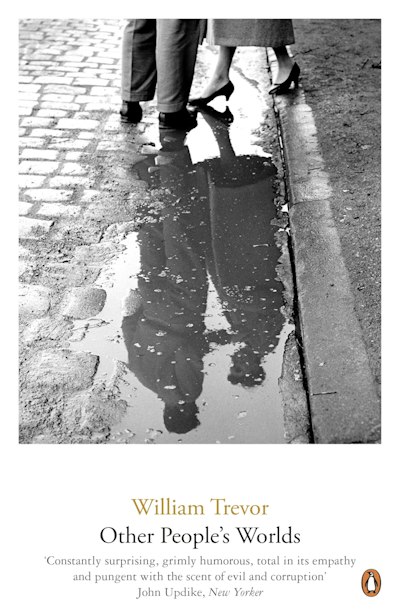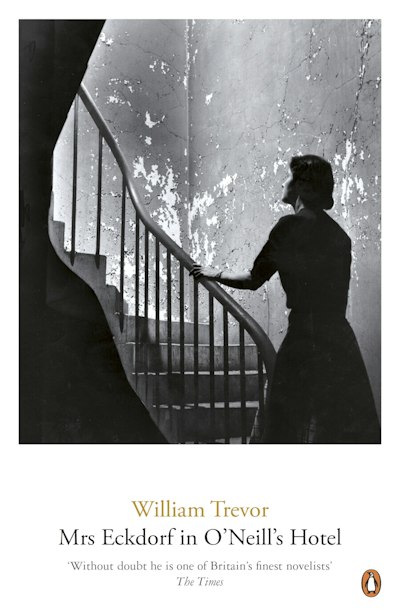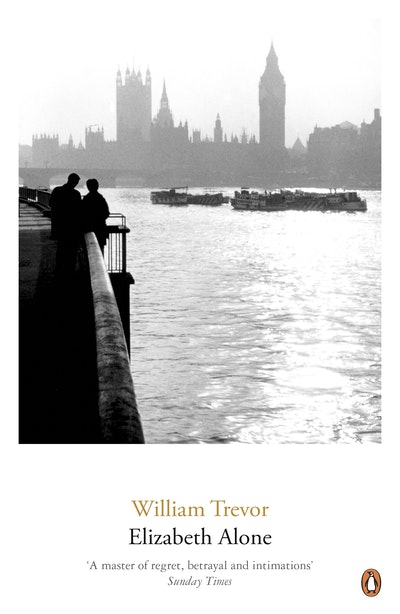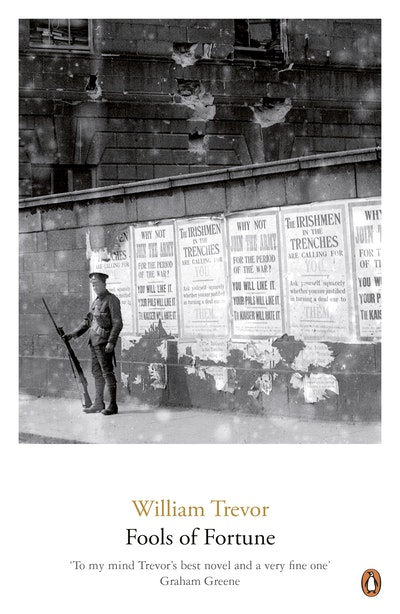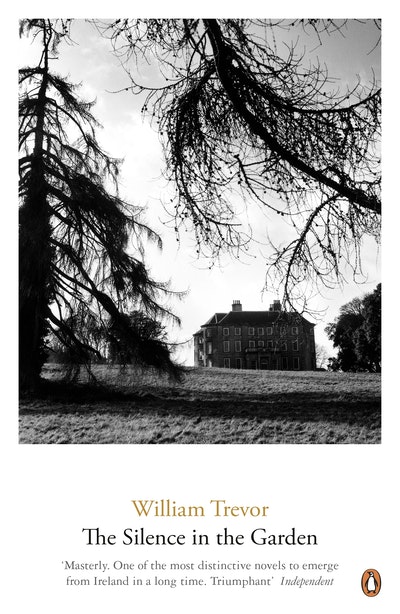Cheating at Canasta
- Published: 4 August 2008
- ISBN: 9780141900636
- Imprint: Penguin eBooks
- Format: EBook
- Pages: 240
What remains to be said about William Trevor – except the oft-repeated truth that he is not just a master but the master of the narrative form … True to such maturity and control, the stories are suffused with radiant and effortless majesty; a comprehensive ease of speaking about spaces in the human heart and mind that remains out of reach for most writers.'
The Times 7 July 2007
All the stories in this book are good, but two of them are outstanding … The final tale, in particular, is a work of perfect control and balance … This is the twelfth story in Trevor's twelfth collection: an almost magical number for what could be his most mesmerising and haunting story. William Trevor is the greatest living exponent of the form.
Cressida Connolly, The Literary Review July 2007
These stories are formally perfect … As with Chekov – and the comparison is almost inevitable – they leave space for the reader to ruminate and in that way achieve their aim, which is to underline the solitary nature, almost the impermeability, of individual experience.
Anita Brookner, the Spectator 21 July 2007
Some of the stories here can stand with his best… even more than most collections it should be taken slowly, measured out at a story or two at a day. Read in that way, some of these little epiphanies can still slice off the top of your head.
TLS 20 July 2007
Slyly humorous, thoughtful, rich in pathos, wonderfully harmonic in spirit and mood, and above all, hugely enjoyable, these tales confirm what we already knew: that Trevor is an absolute master of the genre.
Daily Mail 13 July 2007
The short story as Trevor writes it, as Chekhov and Hemingway wrote it, is a novel in miniature, with everything omitted except the significant moment. Trevor is a writer who finds words for the silences between people.
Allan Massie, Scotsman 14 July 2007
Like Rembrandt, Trevor looks long but charitably upon his creations … [his] understanding of human nature is acute … wise, calmly written stories.
The Sunday Times 22 July 2007
